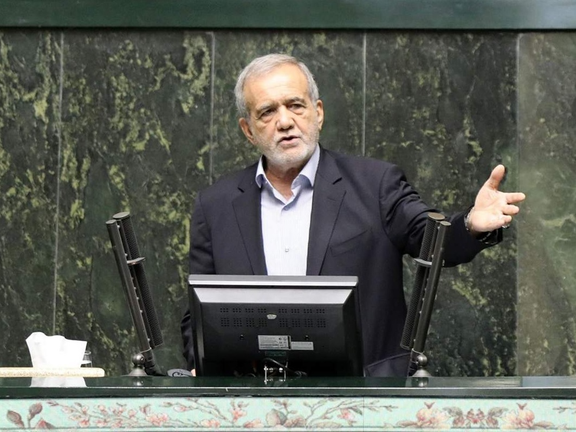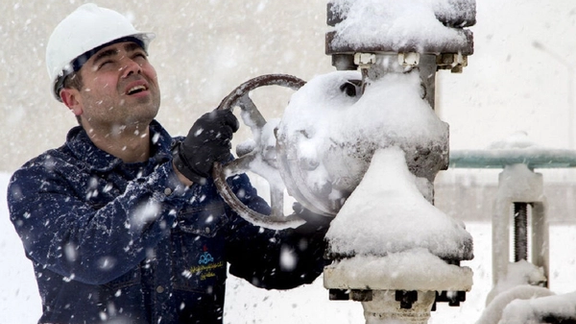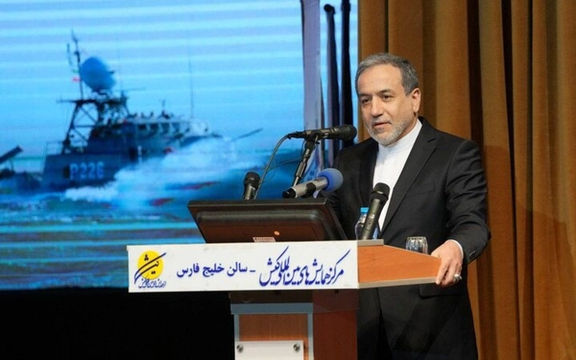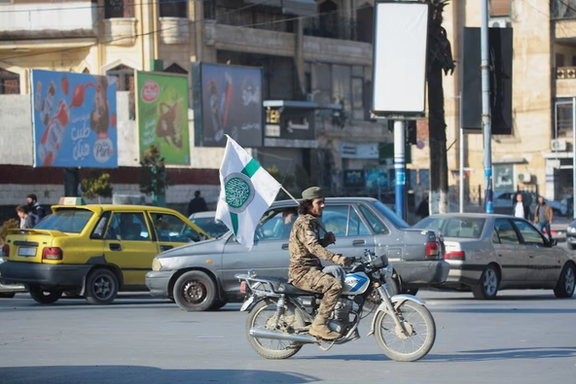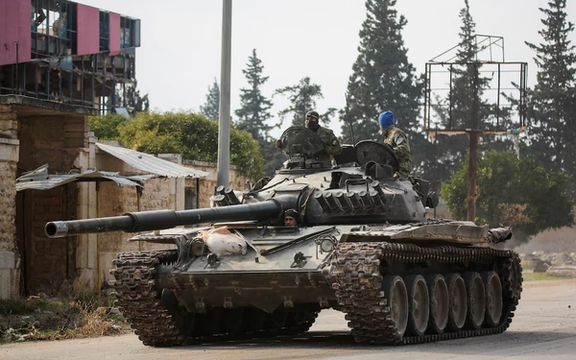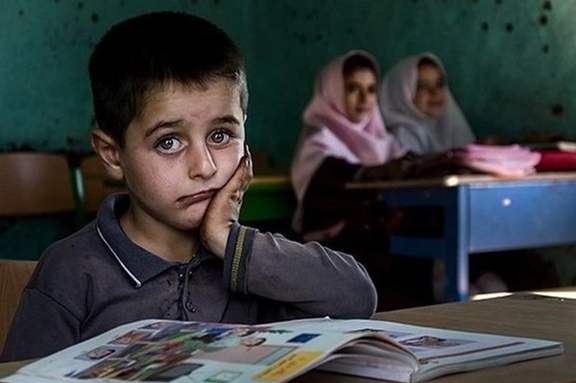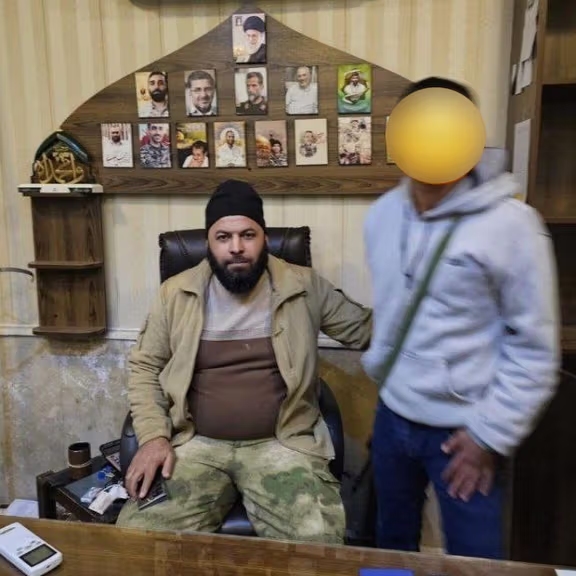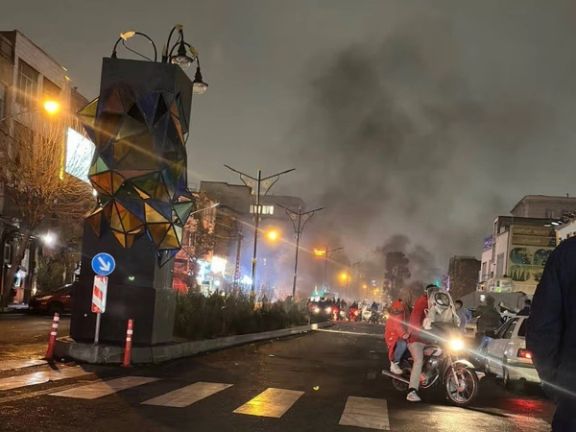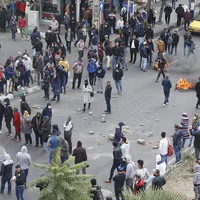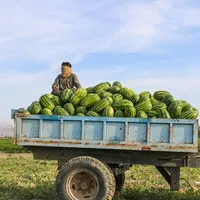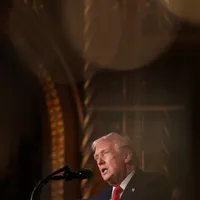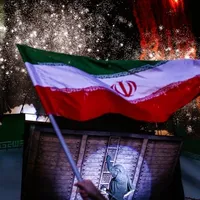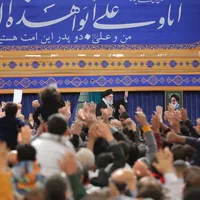Q: How long has Iran been on the FATF black list:
The Islamic Republic of Iran was on FATF black lists from 2008 to 2016. In February 2020 Iran was black-listed again and has remained so to date.
Q: What does being on the FATF black list mean?
The FATF black list is officially called “high-risk jurisdiction subject to a call for action”.
Countries that fail to address deficiencies in their anti-money laundering and counter-terrorism financing regimes are described as “high-risk jurisdiction subject to a call for action”.
The FATF advises its members and financial institutions to apply “enhanced due diligence” in their dealings with black-listed countries. Enhanced due diligence makes international transactions high-risk, costly, and time-consuming for financial institutions.
Countries may also be called upon to apply “countermeasures” to protect the international financial system from money laundering, terrorist financing, and proliferation financing risks including limiting or terminating business relationships, increased monitoring and reporting, restrictions on correspondence banking relationships, prohibiting certain transactions, and increased external audit requirements, and encouraging the use of alternative payment methods.
Q: What happened in Iran's case between 2016 and 2020:
In June 2016, after the 2015 nuclear deal with world powers and the lifting of UN sanctions, FATF called on its members to suspend the countermeasures they used in their dealings with Iran for twelve months.
This meant being included in the so-called gray list and continuation of due diligence.
Q. Why was Iran put on the gray list?
Iran was temporarily removed from the black list because the country committed to implementing an action plan to address FATF’s concerns regarding the establishment of a cash declaration regime and counter-terrorism financing and anti-money laundering legislation and by-laws.
In February 2020 the FATF noted that there were still items not completed and several requiring to be fully addressed and urged member countries to once again apply countermeasures in their financial dealings with the Islamic Republic, i.e., black-listed Iran again.
Q: How does being black-listed affect Iran?
Without accession to the international financial conventions demanded by FATF, Iran cannot have full access to global banking, normal trade relations, and investments with large global companies. Being black-listed means Iran can also not have access to loans by the International Monetary Fund (IMF) and the World Bank.
Being black-listed has thus caused disruptions to Iran's international trade with most countries over the years and discouraged foreign investment. It has also damaged Iran's reputation and reinforced the impact of previous UN sanctions and sanctions by the US.
Q. How does FATF enforce its decisions?
The FATF is only an advisory body but countries, including Iran, must make their own legislation based on FATF recommendations to ensure compliance and avoid negative assessment of the health of their financial system by the task force.
Q: Is Iran cut off from SWIFT for being on the FATF black list?
Being cut off from SWIFT (Society for Worldwide Interbank Financial Telecommunication) is related both to US sanctions and being black-listed by the FATF.
Banks and other financial institutions that use SWIFT must comply with the anti-money laundering and counter-terrorism funding regulations of their respective countries based on FATF recommendations.
The United Kingdom, for instance, has several laws, such as the Money Laundering, Terrorist Financing and Transfer of Funds (Information on the Payer) Regulations, to ensure compliance with FATF regulations.
Q: What steps did Iran take towards completion of its action plan before being black-listed again in 2020:
The FATF has made 41 recommendations to the Iranian government 37 of which, including a cash declaration regime, it has accepted by passing legislation, although actual implementation remains in doubt.
In a statement in June 2018, the FATF said Iran had introduced draft amendments to its anti-money laundering and counter-terrorism financing laws but had failed to complete its action plan.
The global anti-money laundering task force, therefore, urged its members to continue to advise their financial institutions to apply enhanced due diligence to business relationships and transactions with natural and legal persons from Iran.
Q. What were the four pieces of legislation that Iran planned to introduce?
The Iranian parliament approved the following four pieces of legislation but two of these, the legislations for accession to the Palermo and CTF conventions, have not been finalized to date.
- Amendments to the Law on Combating Money Laundering
- Amendments to the Law on Combating the Financing of Terrorism
- Accession to the International Convention on Combating Transnational Organized Crime (known as the Palermo Convention)
- Accession to the International Convention on Combating the Financing of Terrorism (known as CFT)
Q: Why have the laws required for accession to the Palermo and CTF conventions not been finalized?
Iran's hardline-dominated constitutional watchdog, the Guardian Council, rejected the two pieces of legislation. The dispute between the parliament and the Council was referred to the Expediency Council in 2019 for arbitration.
The Expediency Council has stayed the matter since then and neither approved nor rejected them, purportedly due to the objection from hardliners who claim accession will be harmful to Iran's “national security” because the transparency will shed light on the country’s dealings with its proxy forces in the region among other things; exactly the reason for the existence of the international conventions.
Q. What is the approach of Masoud Pezeshkian’s government to the FATF issue?
Unlike his hardliner rivals, Pezeshkian repeatedly called for accession to the FATF’s conventions during his campaign as a crucial move to prevent the country’s financial isolation. His government says a final resolution of the matter may be near. But the presidential administration has little influence in such matters that could impact the country's foreign military projects.
